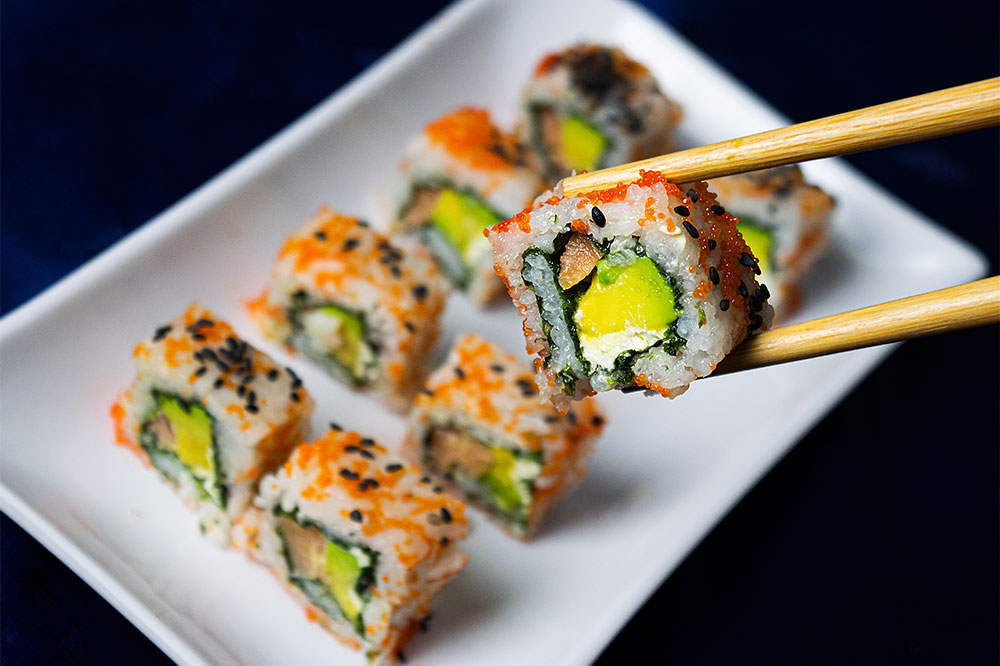Ovarian cancer management – foods to eat and avoid

Ovarian cancer can affect women of all ages. However, in most cases, the individuals are between 50 and 60 years of age. While there are several preventive measures one can take, both gynecologists and oncologists suggest that paying attention to your daily nutrition can significantly reduce the risk of suffering from the condition. This article sheds light on a list of foods that you may include and avoid to manage ovarian cancer symptoms.
Foods to Eat
Garlic
Apart from adding flavor to food, garlic is also known for its anti-cancer properties. Garlic is loaded with nutrients like vitamin B6, vitamin C, and selenium, which help in fighting cancer cells. An organosulfur, S-allyl cysteine (SAC), can induce apoptosis (cell suicide) in ovarian cancer cells.
Grapes
Grapes contain an antioxidant known as resveratrol, which blocks the formation of ovarian cancer cells in the lymphatic system. Resveratrol can decrease the risk of metastasis of ovarian cancer, which stops it from spreading into different parts of the body. Black and purple grapes have higher amounts of cancer-fighting resveratrol as compared to green grapes.
Onions
Onions contain quercetin, an antioxidant that helps in fighting cancer by lowering inflammation in the body. At the cellular level, quercetin can induce apoptosis of ovarian cancer cells in high concentrations.
Foods to Avoid
Processed foods
Packaged foods contain preservatives, taste enhancers, and all those additives that increase the shelf life of the food must be avoided. The ingredients might make the food tastier and increase its longevity, but they can increase the risk of one suffering from ovarian cancer.
Dairy products
Although dairy products are a good source of calcium, the use of common full fat is high in dairy products, including milk, cream, butter, and yogurt. Oncologists suggest that high levels of calcium can make it difficult to manage ovarian cancer symptoms.







